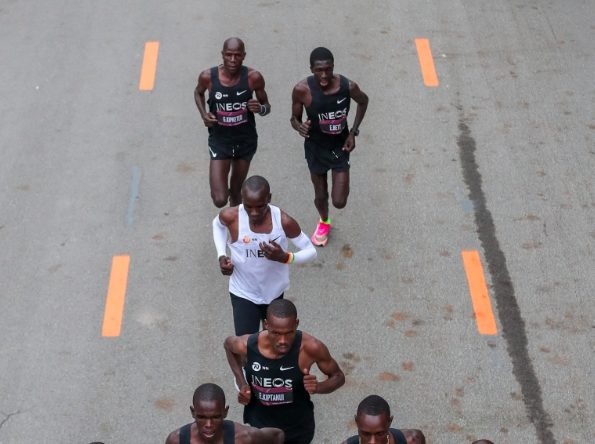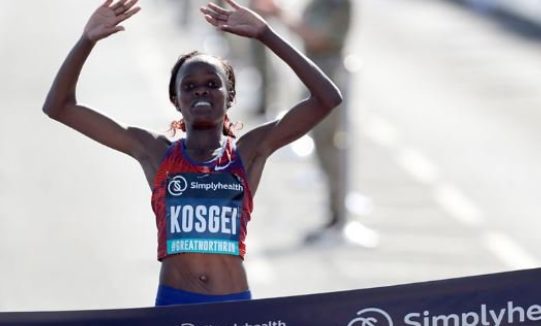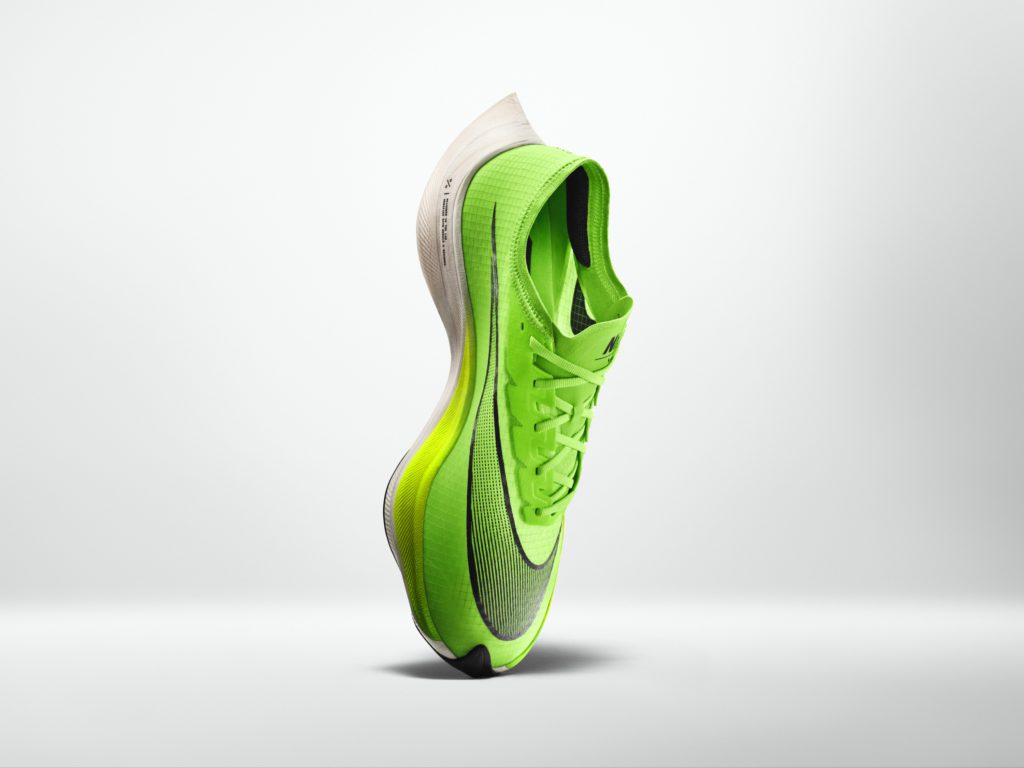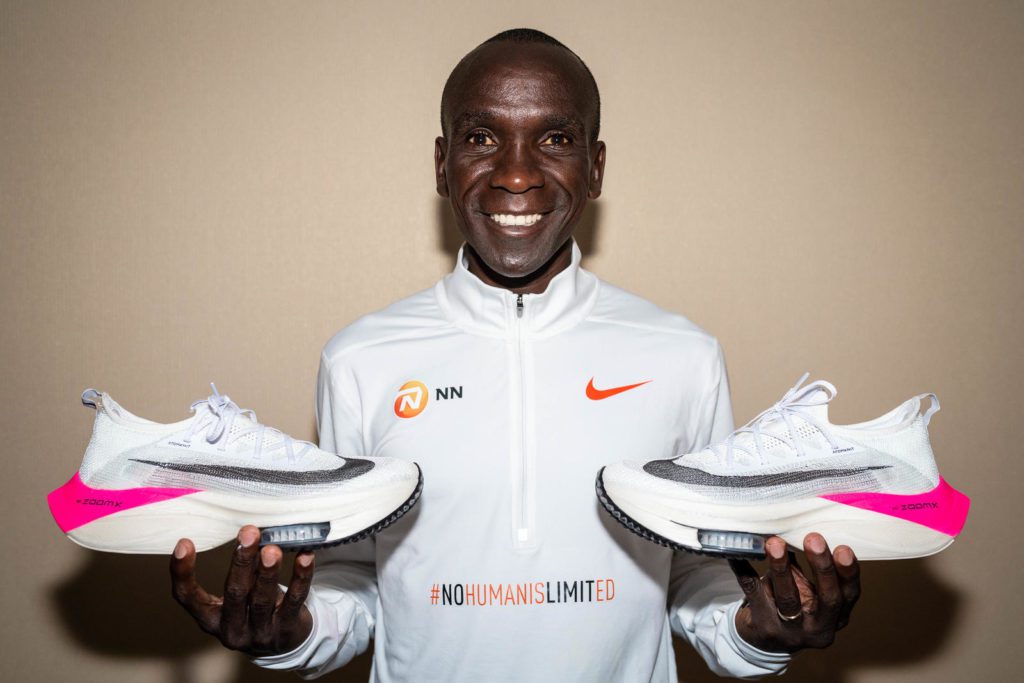Nike shoe ban unlikely before 2020 Olympics
World Athletics is expected to announce a major research project into shoe technology on Friday, according to The Guardian

The Guardian’s website has published a story predicting World Athletics will not ban any existing shoes when it makes its announcement about shoe technology on Friday, but will likely announce a “temporary suspension of any new shoe technology” until after the 2020 Olympics in Tokyo this summer. It is also expected to announce a “comprehensive research project” to study the effects of carbon plates and other new shoe technologies present in shoes like the Nike Vaporfly, NEXT% and AlphaFly.
World Athletics to announce a temporary suspension of any fresh shoe technology until after the Tokyo Olympics on Friday – and will launch new research project to assess benefits of Vaporflys and rival brands. But controversial shoes won't be banned https://t.co/g5vMK2aDdG
— Sean Ingle (@seaningle) January 28, 2020
RELATED: 4 reasons the Nike shoes aren’t going anywhere
Elite marathon times have seen a steady and accelerating drop since the Nike Vaporfly 4% was first worn in 2016, and as the brand refined the model, cases of athletes sponsored by companies other than Nike winning major competitions have almost become a case of the exception proving the rule. Reporter Sean Ingle, who authored the Guardian story, claims that of the 36 podium positions in the six Abbott World Major Marathons in 2019, 31 were taken by athletes wearing Nike carbon-plated shoes (including Brigid Kosgei’s women’s world record set at the Chicago Marathon in October 2019, which has yet to be ratified).

Ingle says World Athletics will most likely put more specific restrictions on the types of shoes that may be worn in elite competition in future, and require that any new prototypes be submitted for approval in advance. What’s unclear is whether the Nike AlphaFly (the latest iteration of the Vaporfly, worn by Eliud Kipchoge in his sub-2 marathon at the INEOS 1:59 Challenge in Vienna last year) has been submitted to World Athletics for approval, and what the temporary suspension on new technology means for shoe brands in 2020.
There is consensus in the industry (and among runners) that the Nike shoes do confer a significant advantage in the marathon distance, even in non-elite runners, though opinions differ on whether the advantage comes primarily from the carbon fibre plate, the foam material used in the midsole, or some combination of the two. Numerous other brands now offer carbon-plated shoes, including Saucony, HOKA One One, Adidas and New Balance, in what some refer to as an escalating arms race and others see more as a desperate game of catch-up. Certainly World Athletics’ rule that shoes “not be constructed so as to give athletes any unfair assistance or advantage” now seems woefully inadequate.

The AlphaFly seems the most vulnerable to a possible ban, since it is not yet commercially available and is believed to confer an even greater advantage than the Vaporfly and NEXT%. But where previously media speculated that the Vaporfly and NEXT% might be banned, almost no one in the running world now believes this is likely.

If no ban is forthcoming on Friday, we could potentially see Nike rush to make the AlphaFly available in time for the U.S. Olympic Marathon Trials in four weeks’ time.
It seems certain the shoe tech controversy will continue to rage throughout 2020.


